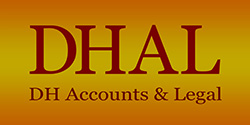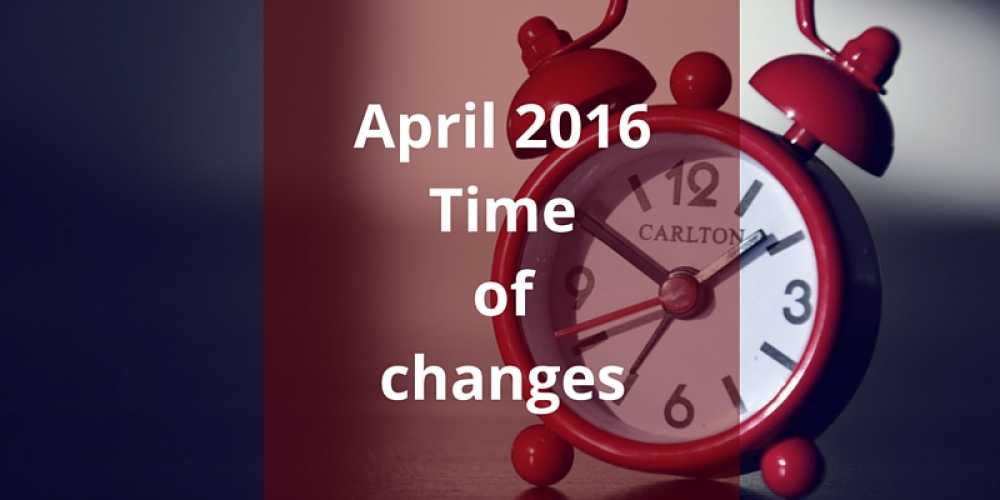What you need to do to start a business in the UK, depends on your structure of business. Most businesses register as a sole trader, private limited company or partnership. Sole traders If you’re a sole trader, you run your own business as an individual and you’re self-employed. You can keep all your business profit after you’ve paid tax on it. You’re personally responsible for any losses your business makes. You must also follow certain rules on running and naming your business. Your responsibilities It’s simpler to start as a sole trader. You’ll need to: keep records of your business sales and expenses, send a Self Assessment tax return every […]
The start of the new tax year in UK brings a raft of tax changes that you simply can’t afford to ignore as they all come into force in the coming months. We have provided some of 10 key changes and the proposed implementation dates. 1. The Personal Allowance will rise from April 2017 The Personal Allowance is the amount of income you can earn before you start paying income tax. It’s currently £11,000 this year, and will rise to £11,500 in 2017-18. The point at which you pay the higher rate of income tax will increase from £43,000 this year, to £45,000 in 2017-18. 2. The National Living Wage […]
Signed work was done. You issued invoice and waited patiently for it to be paid as you have a right to it. But the payment deadline has passed and there’s no sign of your money. What next? 6 steps you can take dealing with late payments 1. Email reminder The customer must pay you within 30 days of getting your invoice or the goods or service. If the payment deadline has passed, send a follow up email within a few days with a copy of invoice attached. If you don’t get a response, send another. 2. First formal letter Write a first formal letter and enclose invoice or […]
This year Companies House introduces some important changes to UK company law. We have provided some of the key changes and the proposed implementation dates. New accounting regulations for companies - January 2016 The regulations apply to accounting periods beginning on or after 1 January 2016. The key change in these regulations is the removal of the ability for a small or medium-sized company to file abbreviated accounts at Companies House (although the very smallest companies can prepare micro entity accounts). New accounting standards - January 2016 The Financial Reporting Council (FRC) have revised the accounting standards under which UK companies prepare their accounts. More information about this change can […]
On Thursday 23 June 2016 the UK public has voted to leave the EU and nowadays it’s a hot topic across the world in newspaper, on tv, radio, social media. For many people this is not an easy situation which may rise lots of emotions. No doubt you are worried about it and very likely you are interested in getting answers. Some answers you will get in stages, however there are some answers you can find now, for example: What happens next? An agreement called Article 50 of the Lisbon Treaty has to be activated in order to leave the EU. The withdrawal from the EU is a formal legal […]
1. The National Minimum Wage will be increased to £7.20 per hour for those 25 or over. 2. The Personal Tax Allowance, the amount you can earn before paying income tax, will be increased from £10,600 to £11,000. 3. The Higher Rate Threshold will increase from £42,385 to £43,000. 4. The Employment Allowance will increase from £2,000 to £3,000. 5. To make it cheaper to employ young people, from April 2016 employers will not have to pay National Insurance contributions (NICs) for all but the highest earning apprentices aged under 25. 6. The new State Pension will be increased £119.30 from to £155.65 per week. 7. The income rise disregard […]




